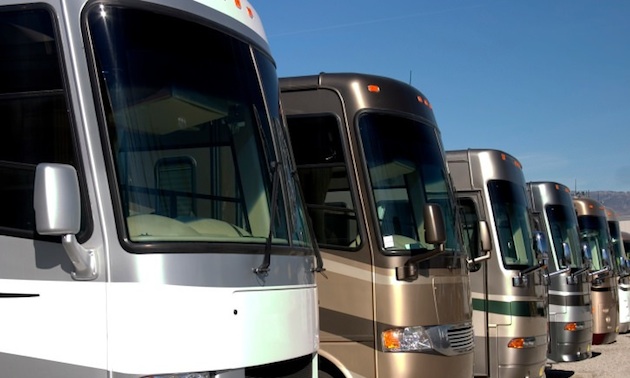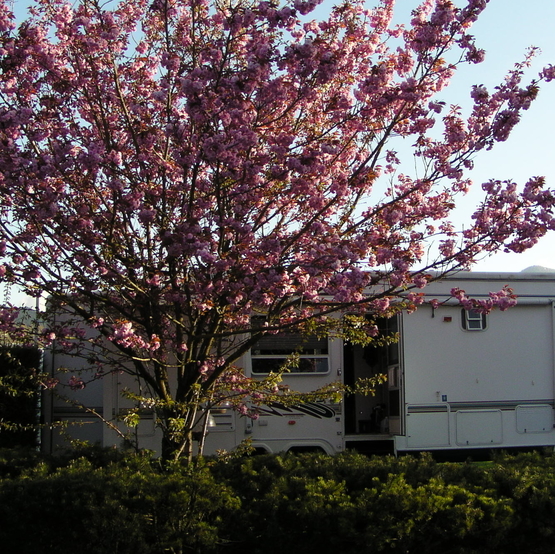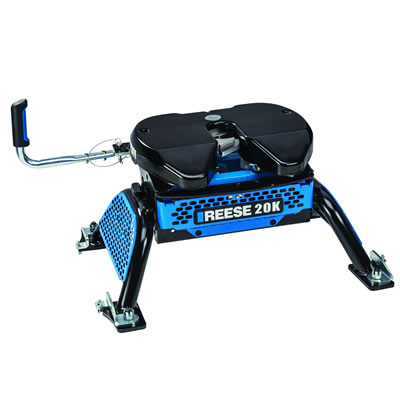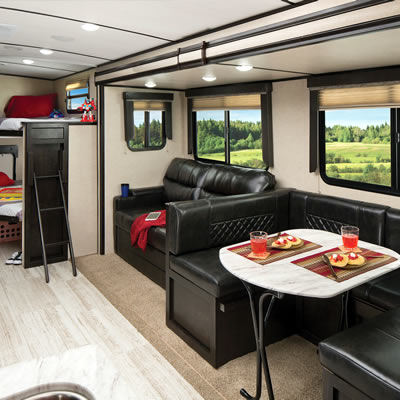RV park etiquette

"Most of the issues around etiquette centre on consideration for others. In many of the older parks, the sites are so narrow that if both neighbours have wide slides, there is no room to walk between the RVs. Consideration for each other becomes even more important." RV West April 2012
Lynne Benjamin's Snowbirding 101 column on RV park etiquette discussed many of the issues that arise for full-time and tourist RVers alike.
Park owners too will have appreciated the author's reminder that RVers must use their sites and the park's common areas responsibly and think of their neighbours as they and their children and pets enjoy their stay.
Since 1990, I have lived full-time and happily at the Capilano River RV Park in West Vancouver, B.C., and agree that, unlike the leafy sites in the photo Lynne's husband Fred supplied for her article, the pads at many B.C. parks were built in the days when shorter trailers without slides were the norm. Consequently, the size of the sites offers little buffer from one rig to the next in today's world of behemoth motorhomes and the accessories they tow.
I know first-hand that the closer RVs are sited, the more difficult it becomes not to intrude on one's neighbour. So taking up where Lynne's thoughtful etiquette list ended, here are a few more nuggets of RV wisdom and suggestions:
Diesel-powered vehicles
Many RVers will empathize with this one.
You have enjoyed your day sightseeing, hiking or shopping. After a swim to cool off, you've just settled down with a bite to eat and a good book when Mr. and Mrs. Behemoth arrive and take three or four stabs at backing into their narrow spot next door.
Although you survive the near misses and shouted directions from the co-pilot, the lingering exhaust fumes from the idling rig are harder to swallow.
Whether your new neighbours arrived in a motorhome or behind a tow vehicle, if their engine is powered by diesel you'd be wise to avoid breathing in those fumes because, in June 2012, the World Health Organization classified diesel engine exhaust as a carcinogen.
Many RV parks are located close to busy highways and although the worst polluters are off-road "dirty-diesel" engines, the sheer volume of emissions from the highway doesn't sweeten your environment.
The good news is that Canada is a leader when it comes to mandating low-sulphur-content light diesel, but WHO still considers the fuel to be akin to asbestos and mustard gas in its potential for causing lung and bladder cancer.
So because emissions have a nasty habit of gathering under slides and crawling into RV living rooms or bedrooms, what can you and your neighbour do to avoid them?
- Unless you're already in bed, you can move away from the area until the engine is turned off.
- Parks could ban motor-idling—whether or not an engine runs on diesel.
- Whenever possible, RVers should park their tow vehicles with the exhaust pipe pointing to the roadway—not at or under their neighbour's slide.
- If your furnace or air-conditioner is active when your neighbour's engine is running, turn it off. If you don't, the fan will suck in the fumes and make an unpleasant situation worse.
Smoking and barbecues
As with diesel fumes, whether the smoke is tobacco-related or from barbecue coals it, too, finds its way into neighbouring RVs. It's a no-no to shelter yourself or your barbecue under your neighbour's slide as you produce that smoke, yet both happened to me last summer.
And now for a few quick notes:
- If the park has a speed limit, it applies to everyone. Slow down. The last thing you need is to hurt a child as he/she runs to the playground.
- Parents: if your child is still toddling around in diapers, please don't rely on others to keep him or her safe in unfamiliar surroundings; RV drivers often can't see them.
- If the park has one-way roads, please heed them—same reasons.
- This one is for full-timers like me: No matter how long you have lived in an RV park, you don't own it; the rules apply to you, too. Not only are they there for your safety, but they make life so much easier and more pleasant for everyone.
Lastly, how about RV rental agencies preparing a list of RV dos and don'ts for the convenience of international tourists who are unfamiliar with RVs and our Canadian ways? Maybe Tourism BC could help with that?
In the meantime: Enjoy the open road, stay safe and may all your RV memories be happy ones.
Elizabeth James has been a full-time, albeit stationary, RVer for 24 years. Accepting early on that she was not cut out for apartment living, James decided to adopt the RV lifestyle as an economical way to live independently, yet close to her North Vancouver family and to work.








